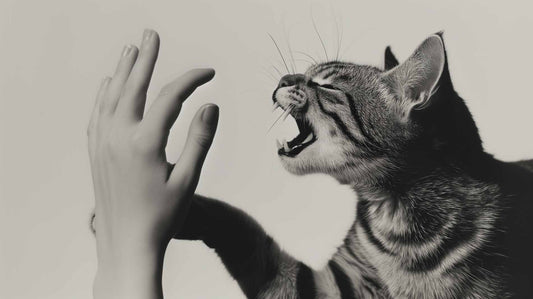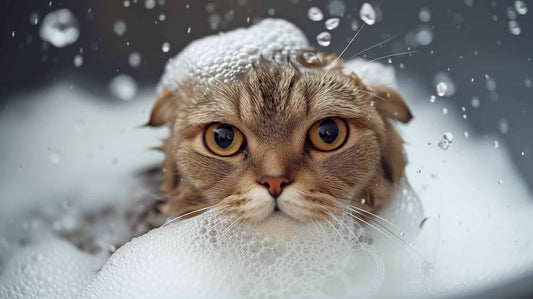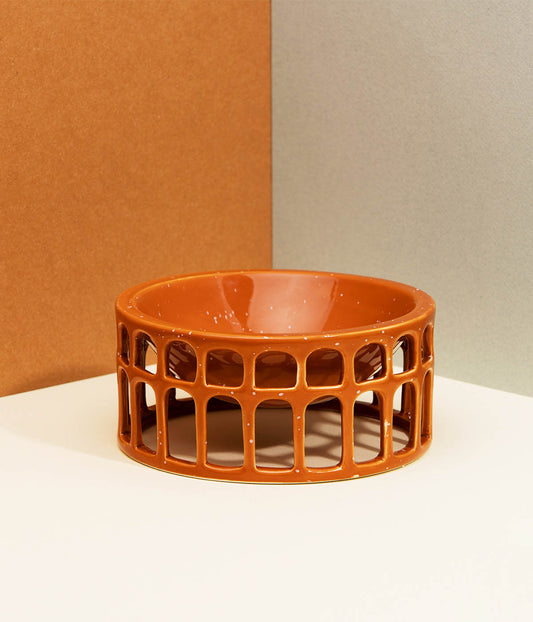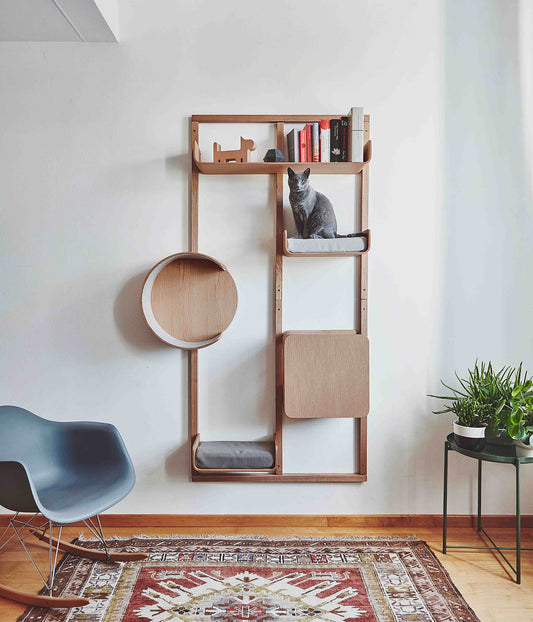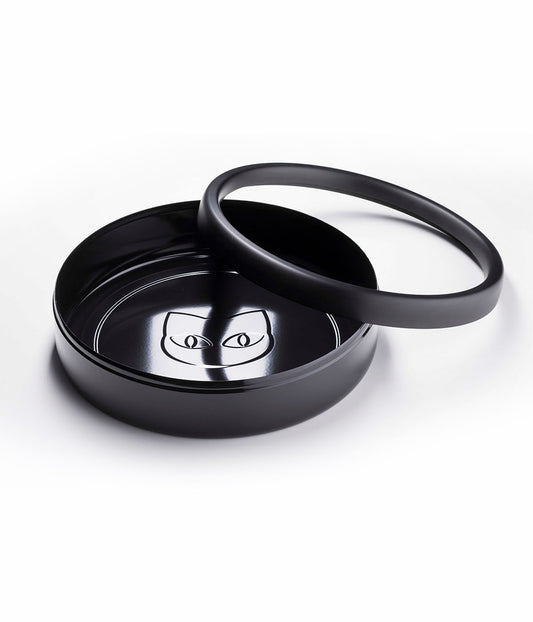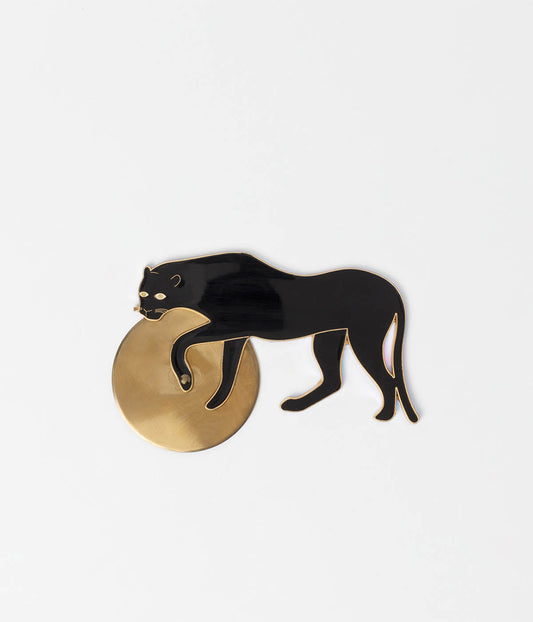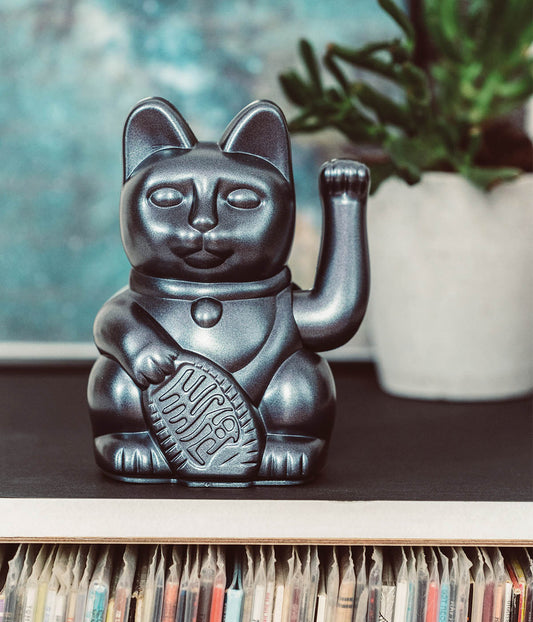
The Best Advice to Break Your Pup's Biting Habit
Marie DuchessHaving a new puppy is an exciting and joyful experience. However, one common challenge that many puppy owners face is dealing with their pup's biting habit. Puppies explore the world with their mouths, and while it may seem harmless at first, it's important to address this behavior early on to prevent it from becoming a long-term issue. In this blog post, we will provide you with the best advice to break your pup's biting habit.
Why do puppies bite?
Understanding why puppies bite is the first step in addressing this behavior. Puppies bite for various reasons, including teething, exploration, playfulness, or seeking attention. It's a natural instinct for them, but it's crucial to teach them appropriate biting behavior.
Provide appropriate chew toys
One effective way to redirect your pup's biting behavior is to provide them with appropriate chew toys. Make sure to choose toys that are safe and durable, specifically designed for teething puppies. When your pup starts to bite, redirect their attention to the chew toy and praise them when they engage with it. This will help them understand what is acceptable to bite and what is not.
Teach bite inhibition
Bite inhibition is an essential skill for puppies to learn. It involves teaching them to control the force of their bites. When your pup bites too hard during play, let out a high-pitched yelp to mimic the sound of a littermate in pain. This will startle your pup and make them realize that their biting is hurting you. If they continue to bite, you can withdraw attention by leaving the room briefly. Consistency is key in teaching bite inhibition.
Provide regular exercise and mental stimulation
Puppies have a lot of energy, and if they don't have an outlet for it, they may resort to biting as a way to release their pent-up energy. Make sure to provide your pup with regular exercise and mental stimulation. Engage them in interactive play sessions, take them for walks, and provide puzzle toys or treat-dispensing toys to keep their minds occupied. A tired and mentally stimulated pup is less likely to engage in excessive biting.
Seek professional help if needed
If your pup's biting habit persists despite your best efforts, it may be beneficial to seek professional help from a dog trainer or behaviorist. They can assess the situation and provide you with personalized guidance and training techniques to address the biting behavior effectively.
Remember, breaking your pup's biting habit requires patience, consistency, and positive reinforcement. With the right approach and guidance, you can help your pup develop appropriate chewing behavior and ensure a harmonious relationship between you and your furry friend.


